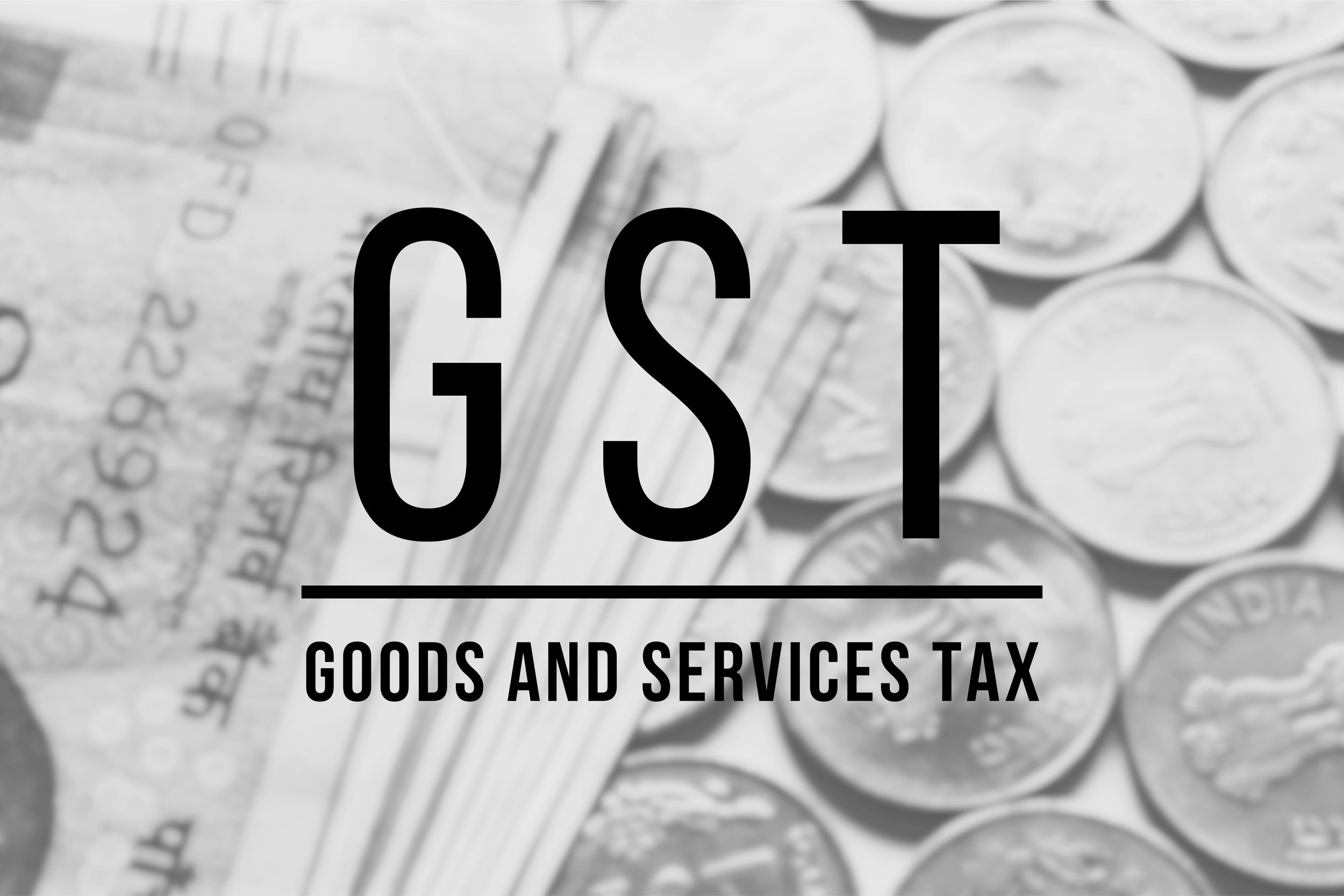Managing payroll abroad can be challenging and time-consuming, as each country has unique laws and regulations regarding social security and taxes. By outsourcing administrative matters, you won't lose valuable time and can focus on growing your Indian business. These are the benefits of payroll outsourcing for European companies in India.
Better compliance with local labor and tax laws
If you have staff abroad, you know better than anyone how important it is to stay up to date on the latest payroll regulations, such as annual salary increases, a 13th month paid holidays, etc. Keeping up to date in this area can take an immense amount of time, especially in India. In addition, being non-compliant with new regulations can negatively impact your business in the country.
Therefore, to ensure compliance and reduce risk, it makes sense to outsource payroll to a local expert. That way, European companies can be sure that all processes comply with laws and regulations at the state, federal, local and industry levels, without having to invest significant resources.
Streamline HR function through payroll outsourcing
Outsourcing payroll can reduce the workload on your HR department alleviate, allowing them to truly focus on human resources issues. By taking difficult administrative tasks off your HR staff's hands, they can focus on challenging cultural issues that need to be bridged, for example.
Transferring payroll to a third party ensures that you do not have to hire and train additional staff, saving you money and time that you can invest in your core business.
Maintain confidentiality and transparency
With in-house payroll, there is a risk of losing sensitive personal data of employees. Therefore, it is advisable to consider payroll outsourcing. This approach helps maintain confidentiality while limiting access to payroll data to key decision makers and senior employees.
To ensure data security compliance, it is essential to work with a trusted payroll administrator that offers secure solutions, including data encryption, storage and reporting.
Are you looking for a reliable administrative partner?
From our European offices in the Netherlands, Germany, Spain and Sweden, and our offices in Delhi, Bangalore, Pune and Chennai, IndiaConnected helps dozens of companies from across Europe do business in India every year.
For companies with a subsidiary in India, we take care of the entire administration: accounting, payroll, tax returns, legal support and necessary compliances. We also perform the Company Secretary and the Chartered Accountant function. Do you need business and tax registrations, such as GST, DIN, DSC or TAN? We apply for them for you.
Let us know what administrative matters you could use help with, and we will put together a customized package for you.




